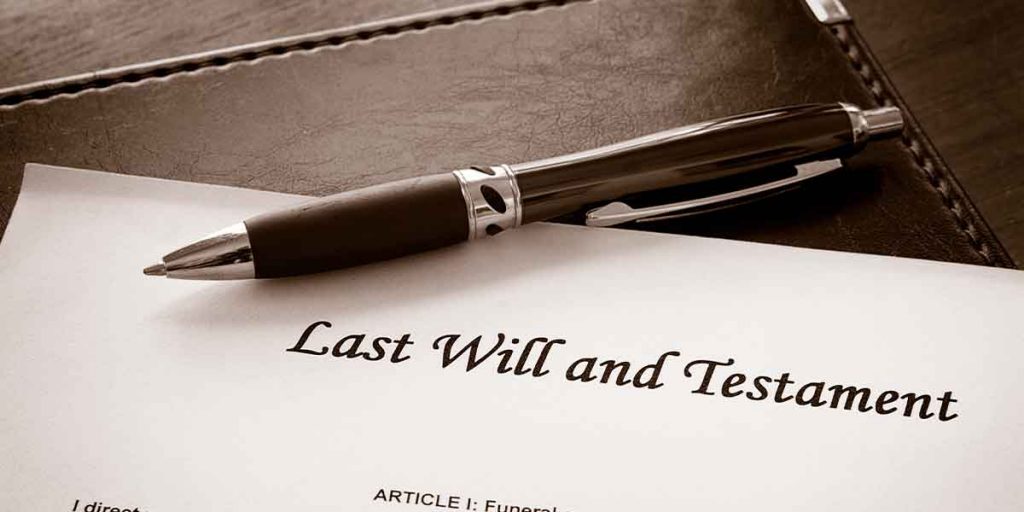Without an estate plan, your family and loved ones will pass through several difficulties. In fact, sometimes, making an estate plan may not be enough especially when it lacks those important estate planning documents. Of course, a will is one of those documents. However, there are more! A will is not effective in preventing probate neither is a will effective in designating an individual who will make financial or medical decisions for you when you become incapacitated.
What am I trying to point out there? I am simply trying to say that estate planning is more than drafting a will. There are other important estate planning documents you should consider when planning your estate. I will be listing some of these documents below.
However, before we delve into that, let us take a look at the importance of estate planning.
The Significance of Estate Planning
Several individuals believe that having an estate plan is all about creating a will or a trust. But, there is more to include in your estate planning to ensure that all your assets are well managed and distributed effortlessly to your heirs after your demise.
A successful estate plan also comes with provisions allowing your loved ones to access or manage your assets should you become incapacitated.
The Important Estate Planning Documents
Below is a list of items every estate plan should include:
- Will
- Trust
- Durable power of attorney
- Healthcare power of attorney
- Guardianship designations
- Letter of intent
- Guardianship designations
- Beneficiary designations
In addition to the six documents and designations mentioned above, a good estate plan should also consider buying an insurance product such as long-term care insurance to cover old age, a lifetime annuity to generate some level of income till death, including life insurance to transfer money to beneficiaries without probate.
How good is your estate plan? Does it include these documents? Let us take a look at each of the documents.
Wills and Trusts
A will and a trust are among the most important and common estate planning documents. Of course, these two documents may sound complicated or expensive; like something related to the rich folk. However, I am sorry to tell you that such idea is wrong. A will or trust are two important components of an estate plan, and they are available to everyone regardless of the value of your assets or how much you have in your bank account.
So what is a will?
A will is a legal document that contains the wishes of the estate owner. A will also contains information regarding how the estate owner wants his assets to be share. In other words, this document contains the name of the beneficiaries, including the assets designated to each of the beneficiaries. Other information present in a will are the name of the estate executor, funeral arrangements, etc.
A trust, on the other hand is a document that helps facilitate the transfer of assets from the grantor to the beneficiaries of an estate. The assets are held by a trustee who designated by the grantor. At an agreed time, the assets are shared to the beneficiaries.
Durable power of attorney
If you become incapacitated, you won’t be able to make some decisions yourself. That is where a durable power of attorney come in. This legal document allows you to select an individual to make those important financial and legal decis0ons on your behalf.
Healthcare power of attorney
A healthcare power of attorney is a document that allows you to choose an individual to make crucial healthcare decisions on your behalf if you get incapacitated.
If you want to create a healthcare power of attorney, ensure you select someone who you can trust. It is also important that you designate someone who shares your views, and who is likely to recommend a course of action you approve. Moreover, this individual could literally have your life in his or her hands. In addition, you should also select a backup agent, in case your initial section is unavailable or unable to carry out the job when needed.









